Results
-
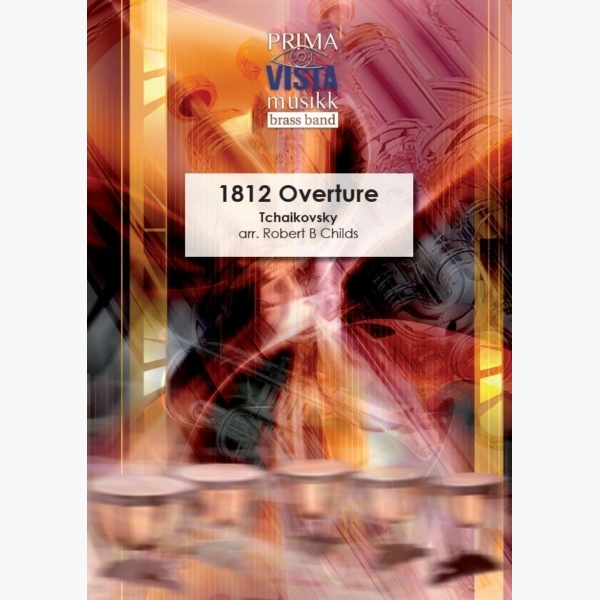 £49.95
£49.951812 Overture - Pyotr Ilyich Tchaikovsky - Robert Childs
The 1812 Overture for Orchestra, Opus 49 is without doubt one of the most popular finales used by orchestras throughout the world. Here we have a new arrangement for brass band skilfully crafted by Dr. Robert Childs. The arrangement is...
Estimated dispatch 5-7 working days
-
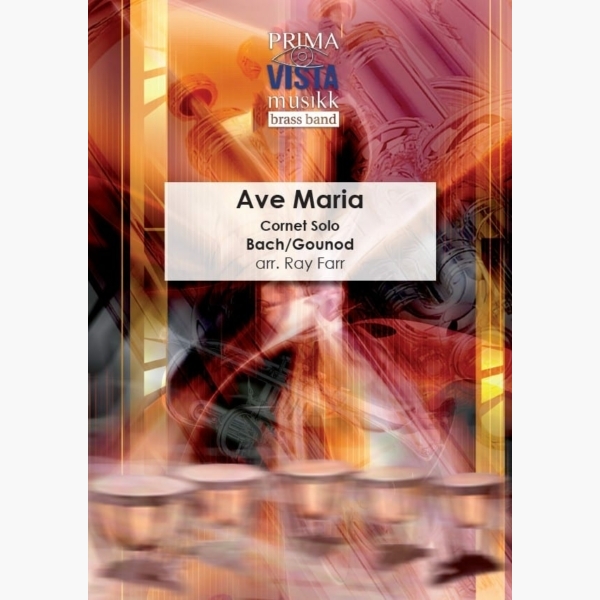 £24.95
£24.95Ave Maria - Johann Sebastian Bach, Charles Gounod - Ray Farr
There have been several settings of this Roman Catholic prayer to music, with the Bach/Gounod version being the most famous. It consists of the first prelude of Bach's The Well-Tempered Clavier plus a melody that Gounod wrote over this. Gounod...
Estimated dispatch 5-7 working days
-
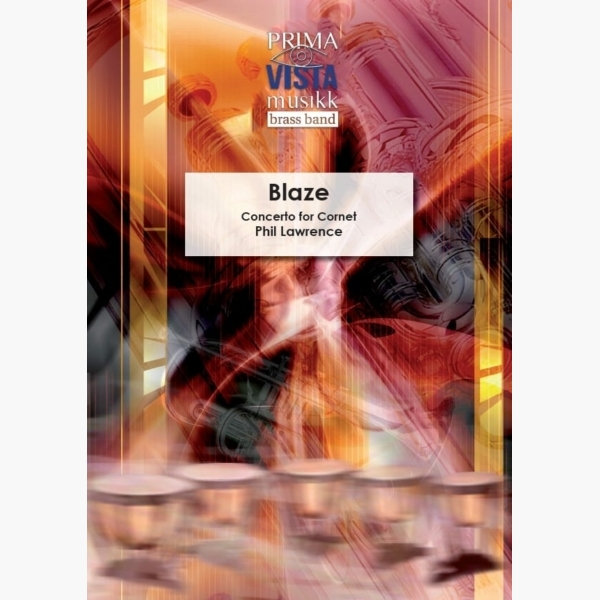 £49.95
£49.95Blaze - Phil Lawrence
Cornet/trumpet sounds have been changing for some years; they are becoming heavier, more robust, slower vibratos. The dynamic level now pushed out by your average solo cornet is 30% more than it was some 35/40 years ago. This, is mainly...
Estimated dispatch 5-7 working days
-
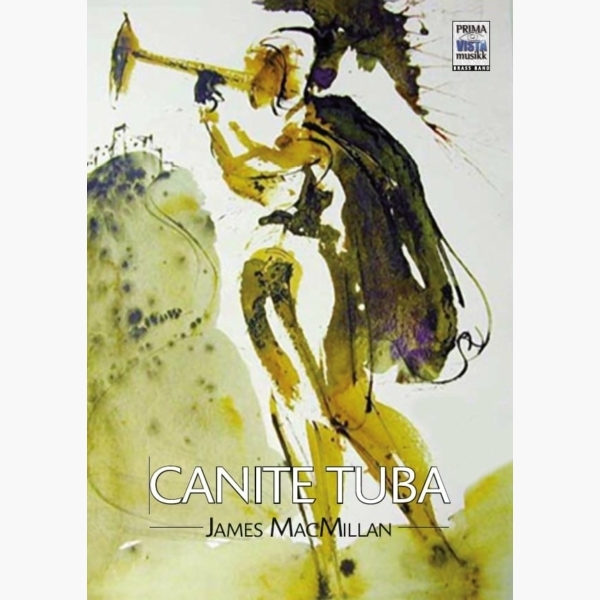 £79.95
£79.95Canite Tuba - James MacMillan
Canite Tuba (Let the trumpet sound) is an Old Testament quote (Joel) and is a title usually associated with choral music. I have chosen it for my most substantial brass band work to date as it gives an indication of...
Estimated dispatch 5-7 working days
-
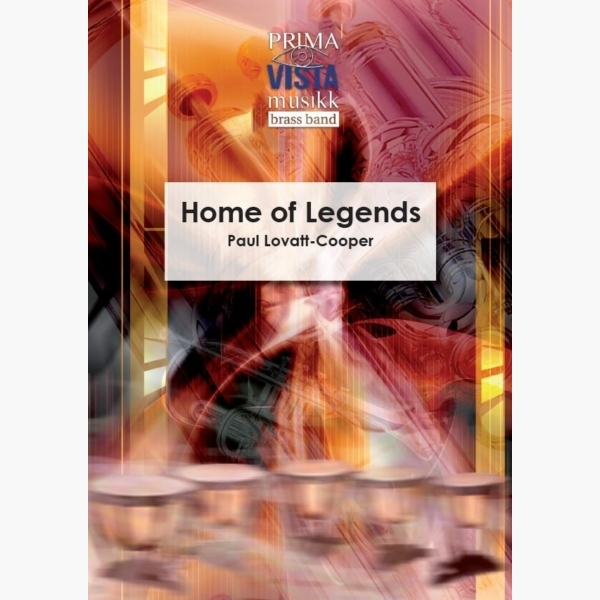 £24.95
£24.95Home of Legends - Paul Lovatt-Cooper
Home of Legends was commissioned by, and composed for the 'Brass Band Summer School'. The music pays homage to the many legends who have been involved with this prestigious institution throughout its history. The BBSS staff are regarded as some...
Estimated dispatch 5-7 working days
-
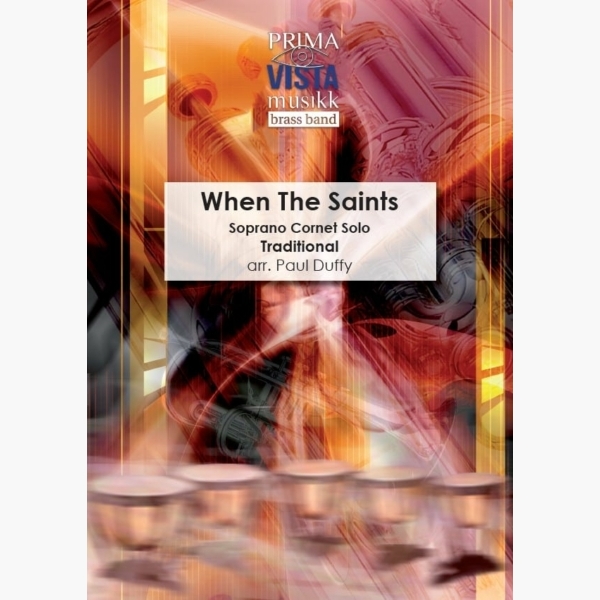 £24.95
£24.95When The Saints - Traditional - Paul Duffy
The precise origins of the folk song When the Saints Go Marching In or The Saints is unknown but it is believed to originate from Belgium and is thought to have been used originally as a hymn tune. Since the...
Estimated dispatch 5-7 working days
-
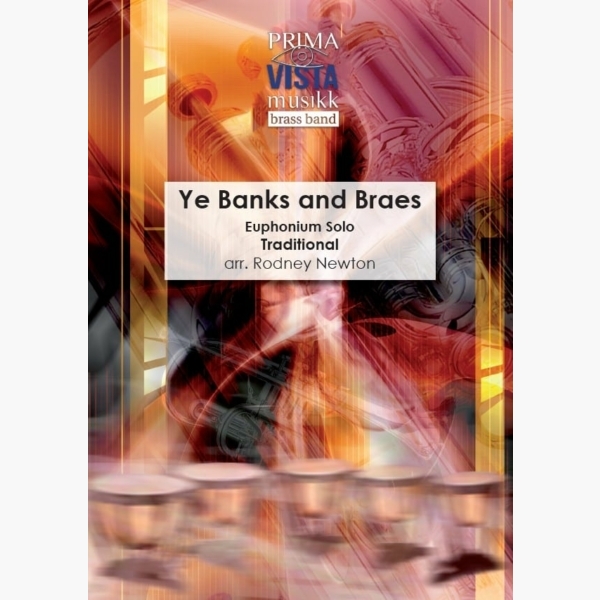 £24.95
£24.95Ye Banks And Braes - Traditional - Rodney Newton
This melody is purported to have been written in 1788 by a Charles Miller who expressed a desire to compose an authentic Scots air. The words associated with the tune are by Robert Burns and tell the tale of a...
Estimated dispatch 5-7 working days
-
£44.95
JOY THROUGH THE AGES (Brass Band Set) - Howard Evans
This work was written for the 125th anniversary of Boscombe Band, celebrated in November 2011, and is the title track of the band' album released in the same year. The music is celebratory in nature and is dedicated to all those who have served in the band during its 125 year history. The theme of the work is a song by Charles Hutchison Gabriel which was the favourite of the band's librarian, Gerald Whittingham, who was 'promoted to Glory' after a long battle with a brain tumour. The title comes from the last verse, 'When with the ransomed in Glory, his face I at last shall see, 'twill be my joy through the ages, to sing of his love for me'.
Estimated dispatch 7-14 working days
-
£59.95
ELLACOMBE CHRONICLES, The (Brass Band Set) - James Curnow
This piece was commissioned by Brass Band of Columbus for the occasion of the band's 25th anniversary in 2009. It is dedicated to current and former members of the band and its founding Director, Dr Paul Droste. The hymns of Isaac Watts (1674 - 1748) have been a source of inspiration for musical thought and development by composers for over 200 years. His glorious hymn 'I sing the mighty power of God' has been coupled with the hymn tune 'Ellacombe' in many hymnals over these two centuries. This work was created and inspired by Isaac Watts's text and chronicles the three verses of the hymn through a set of diverse variations on the hymn tune 'Ellacombe'. The opening fanfare is intended to capture the joy and exuberance of the first phrase of the first verse, 'I sing the mighty power of God that made the mountains rise'. The developmental material following the fanfare gives a hint of the three large variations that are extracted from the tune.
Estimated dispatch 7-14 working days
-
£29.95
TO REGIONS FAIR (Brass Band Set) - Norman Bearcroft
Clive Bright, in his score note when To Regions Fair was originally published in 1958, predicted that the march would 'have a good run'. In retrospect, this turned out to be something of an understatement as this march (and many other Bearcroft marches) remains vibrantly active fifty years after its original publication. The title is derived from the song 'Meet in bliss' which is featured in the trio section.
Estimated dispatch 7-14 working days
